I won first prize and went on stage to collect my trophy. It was so big that my mum had to come on stage to help me carry it. I noticed that she was shaking, but I wasn’t nervous at all. I really enjoyed being on stage and playing music for people.
My parents love to tell the story about how when I was six or seven years old, if it wasn’t a full house, I’d be unhappy and refuse to go on stage.
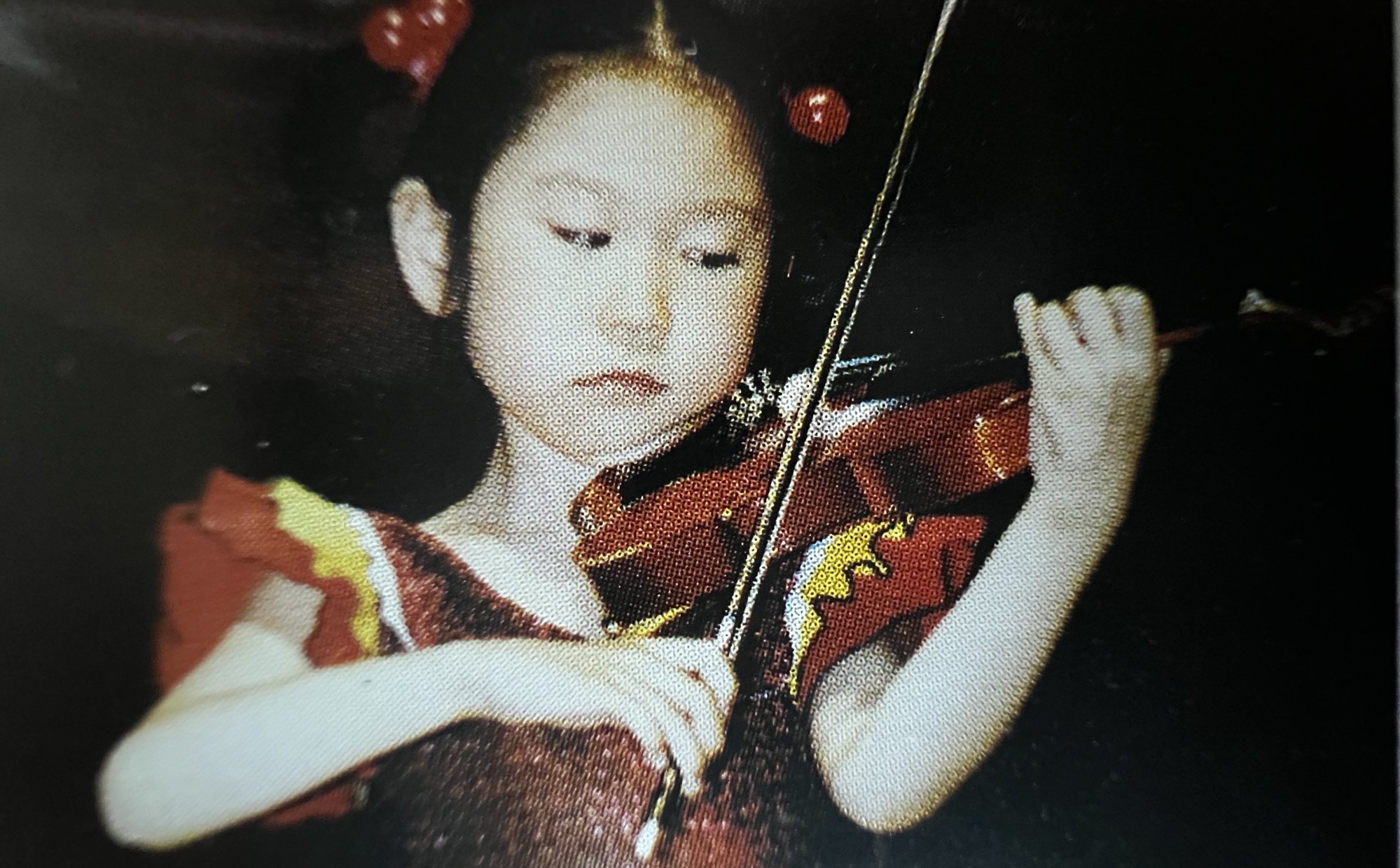
Under pressure
He had learned in Moscow and was a traditional music professor of the Russian school. It was a great honour to be in his class and it was understood that I would become a professional musician.
How, for Vicki Ooi, being cast in a school play was the lesson of a lifetime
How, for Vicki Ooi, being cast in a school play was the lesson of a lifetime
School was intense. I was studying with the best musicians in China, so, of course, it was very competitive. We all went to competitions together, we played student concerts together, so there was a certain pressure and you wanted to be the best.
We had lessons in the morning, and from 2pm the students went to practice rooms. Each room had a small window and a teacher would check to make sure we were really practising. If you weren’t, you’d get a warning.
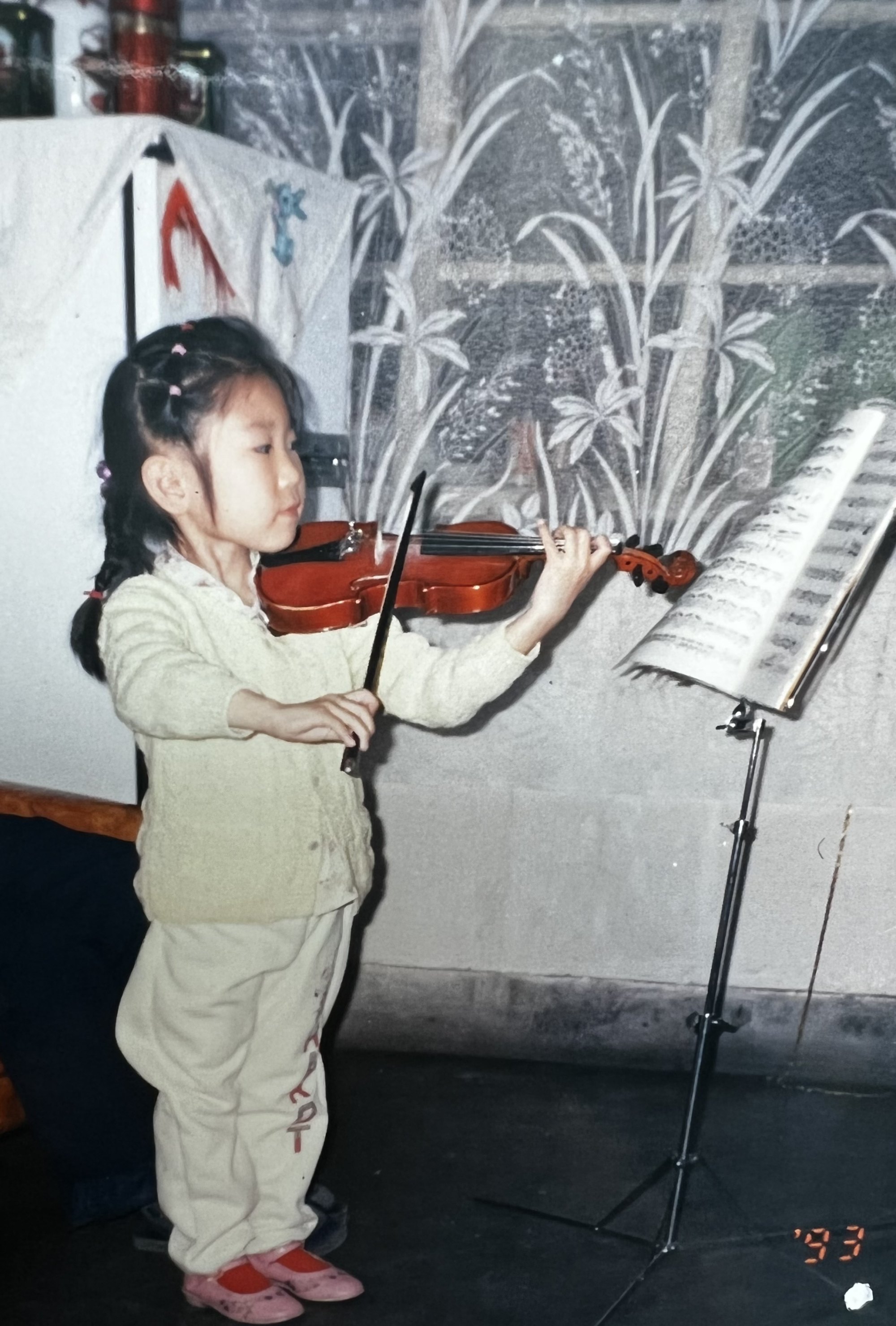
Keeping a promise
When I was 13, Professor Lin wanted to see if it was possible to teach a teenager to play the 24 Paganini Caprices, which are technically very demanding. To apply to university you are required to play just one of the Caprices.
I was the lucky – or unlucky – one to be chosen. I began learning in May 2000. At the beginning I felt quite relaxed – if my teacher thought I could do it then I could – and I studied and practised.
I’d grown up surrounded by people, traffic and noise, so my first impression of Germany was that it was quiet. Once I got used to it, I enjoyed slowing down the tempo
Tianwa Yang
Then the professor arranged four concerts, including one in Hong Kong, and a recording date for December that year, and the pressure was on. Four weeks before the concert dates I was terrified, as I couldn’t play them all.
I was let off school to go home and practise for the last four weeks. I practised day and night, getting up at 2am, practising for a few hours, then sleeping a bit and waking up at 8am and continuing to practise.
I learned so much through that. Cancelling the concerts wasn’t an option. In this profession there is responsibility, if you promise something you have to do it. I learned all 24 Caprices in seven months and did the concerts and recording.
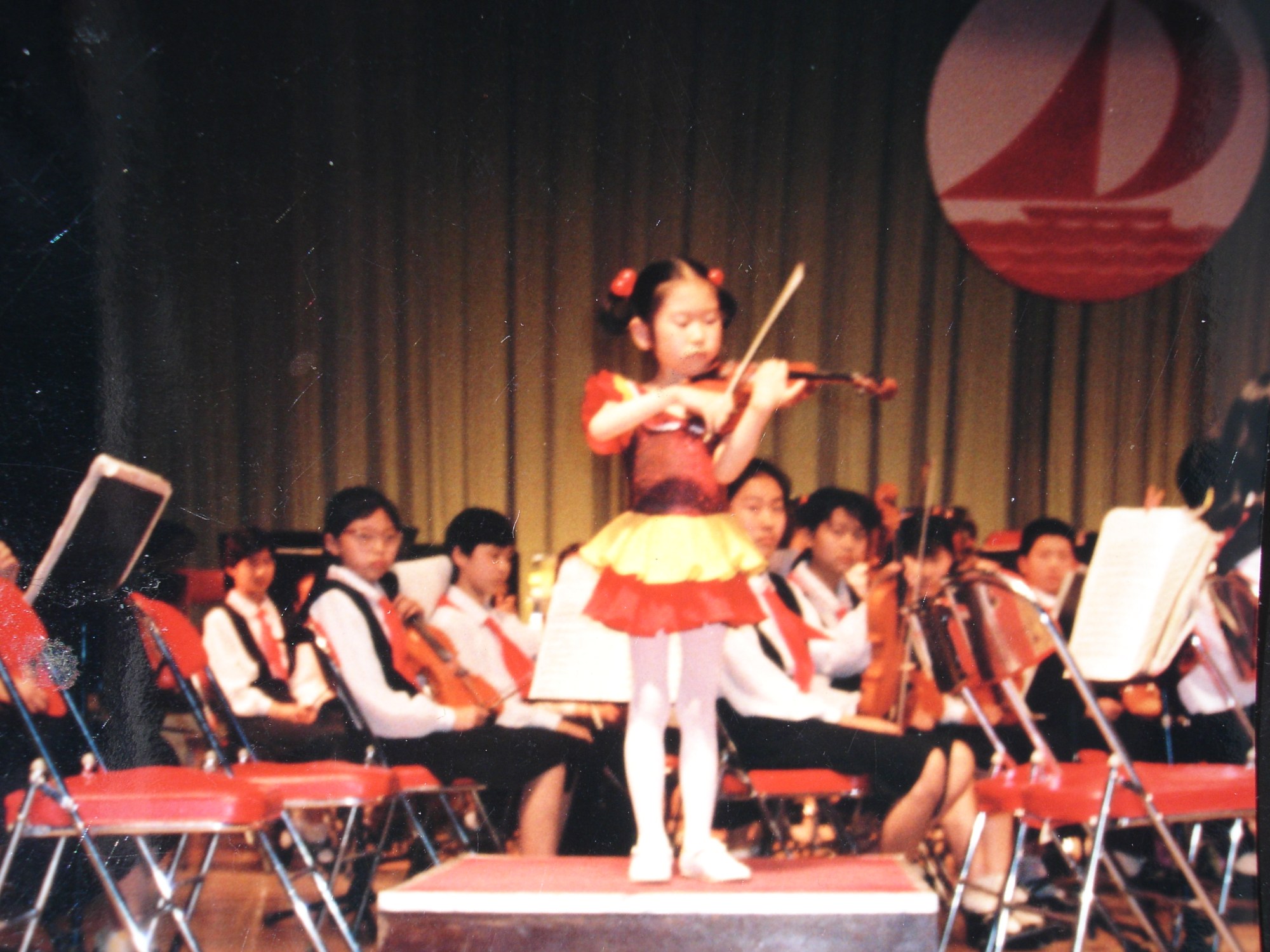
German precision
When I was 14, the German violinist Jörg-Wolfgang Jahn came to the school as a guest professor, to teach chamber music. I immediately loved chamber music and the way the musicians worked together.
I wanted to experience the culture where the great musicians and composers like Bach and Beethoven had lived and worked. I got a scholarship to do an exchange programme at the Karlsruhe University of Music, which was where Jahn taught.
Over the course of two years, I spent six months there as a guest student. Initially, I stayed with Jahn and his wife, who taught me to speak German. Their two daughters were in college and I became a third daughter to them. It was like a second family.
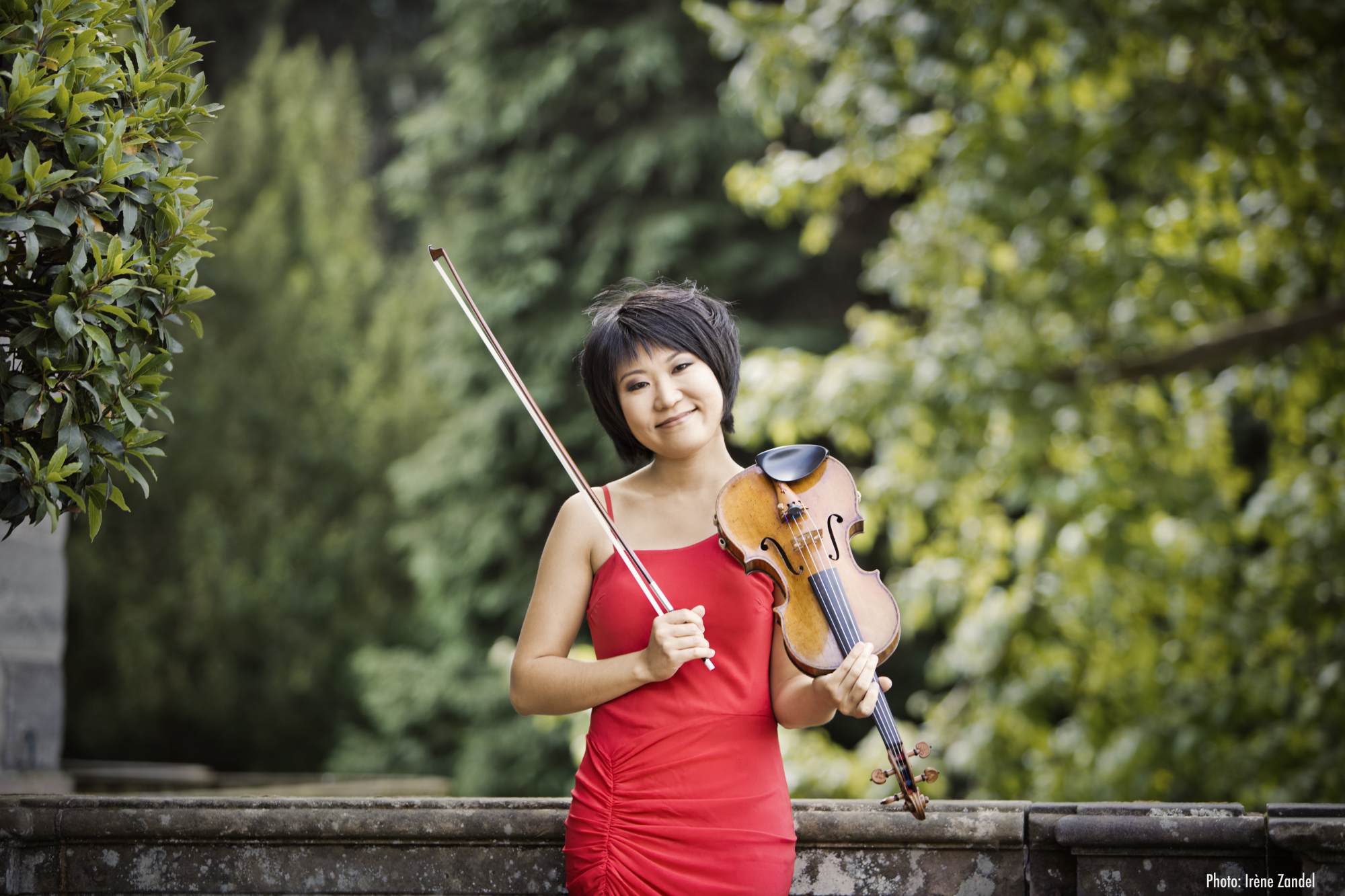
The big chill
I’d grown up surrounded by people, traffic and noise, so my first impression of Germany was that it was quiet. Once I got used to it, I enjoyed slowing down the tempo and having time to think about life and music.
In Germany, no one cared whether we practised or not; you just did it because you loved it. The teachers were so nice and friendly and didn’t apply any pressure. When the sun came out, the students would take a half-hour break outside.
They enjoyed life, which was something new to me. In Beijing, it didn’t matter if the sun came out, if it was your practice hour you had to practise.
Teacher, actress, comedian, charity co-founder – she’s made dreams come true
Teacher, actress, comedian, charity co-founder – she’s made dreams come true
Professor Yang
When I was 18, I became a full-time student (at the Karlsruhe University of Music). I’d already been playing concerts in Germany and I continued to do so as an undergraduate, which gave me the money to cover my university fees.
I quickly felt comfortable in Germany, with the art and the way people work, and I’ve been living there ever since. German folks are not the friendliest, but I like their honest way of speaking.
I played a lot of concerts through my university years and that continued when I graduated. I knew I wanted to teach because I enjoy sharing my knowledge and experience with young people. In my final year at university, in 2012, I taught violin at the Music Academy of Kassel and continued after I graduated.
In 2015, I got my first professorship, at the University of the Arts Bern, in Switzerland. Three years later, I got another professorship, at the Würzburg University of Music, in Germany.
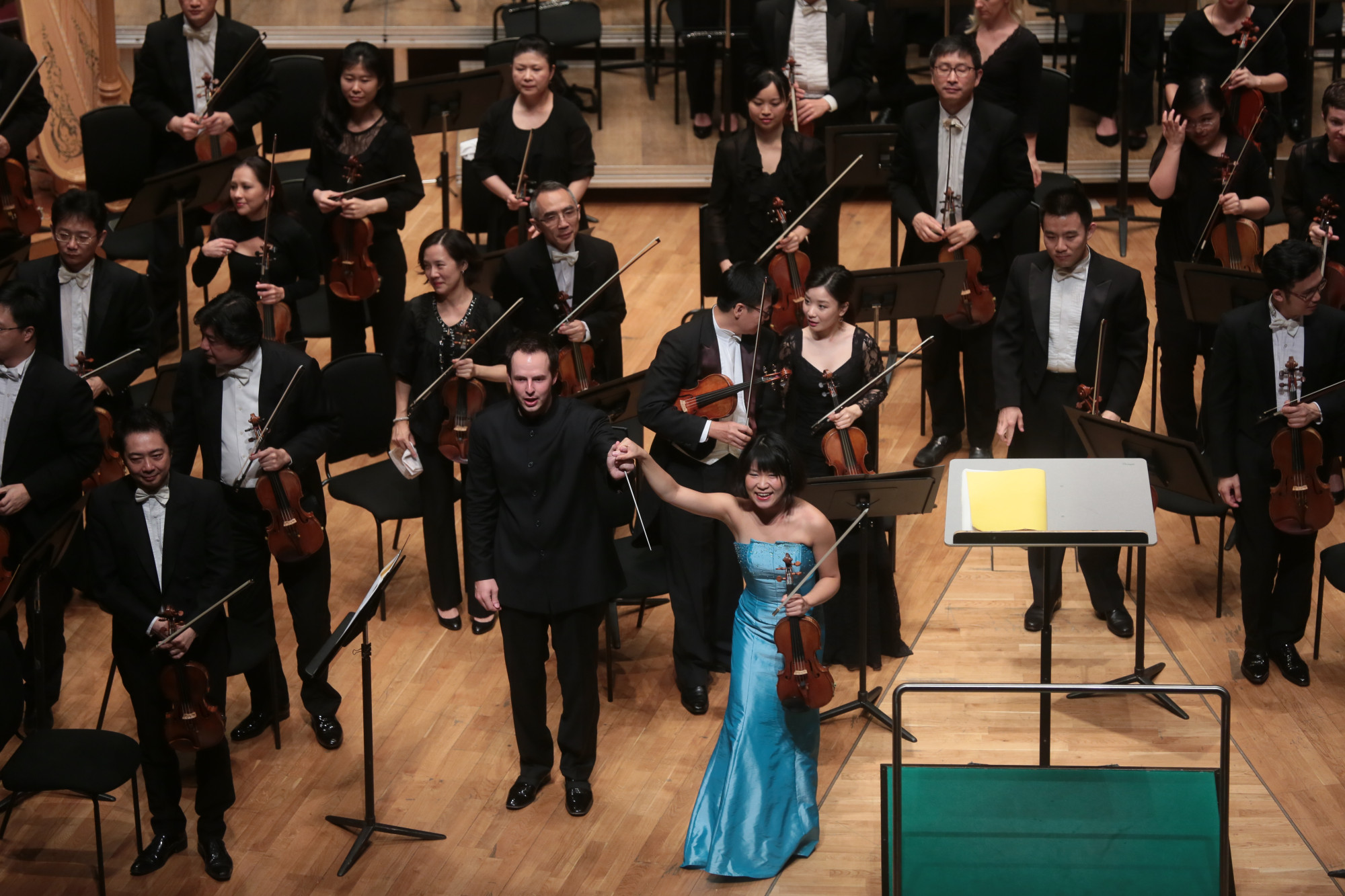
Work-life balance
I live in Munich. I’ve been with my German partner for eight years. He works in radio. As a musician, my work is also my personal life. I love music, it brings me so much joy.
I recently finished two weeks of chamber music festivals. We started every day at 10am and if we weren’t playing concerts until 11pm then we’d be in rehearsals until 10pm.
The whole day is full of music but it’s also full of joy because I get to play with great musicians. If things go really well, you have a lot of nice exchanges.
I try to plan for a holiday every year. When I have time, I enjoy being in the mountains in Switzerland, Austria or north Italy. But there hasn’t been time for that this year.
I’m happy with what I’ve achieved, and I hope it goes on and on
Tianwa Yang
A happy place
I played my first concert in Hong Kong when I was 11 years old, so of course I knew about the Hong Kong Philharmonic and dreamed I’d play with them one day. That time came in 2010.
I was looking forward to playing with the Hong Kong Phil for their 50th season with a tour in Shanghai and Nanjing (last month) and staying on in China to play with the Guangzhou Symphony Orchestra.
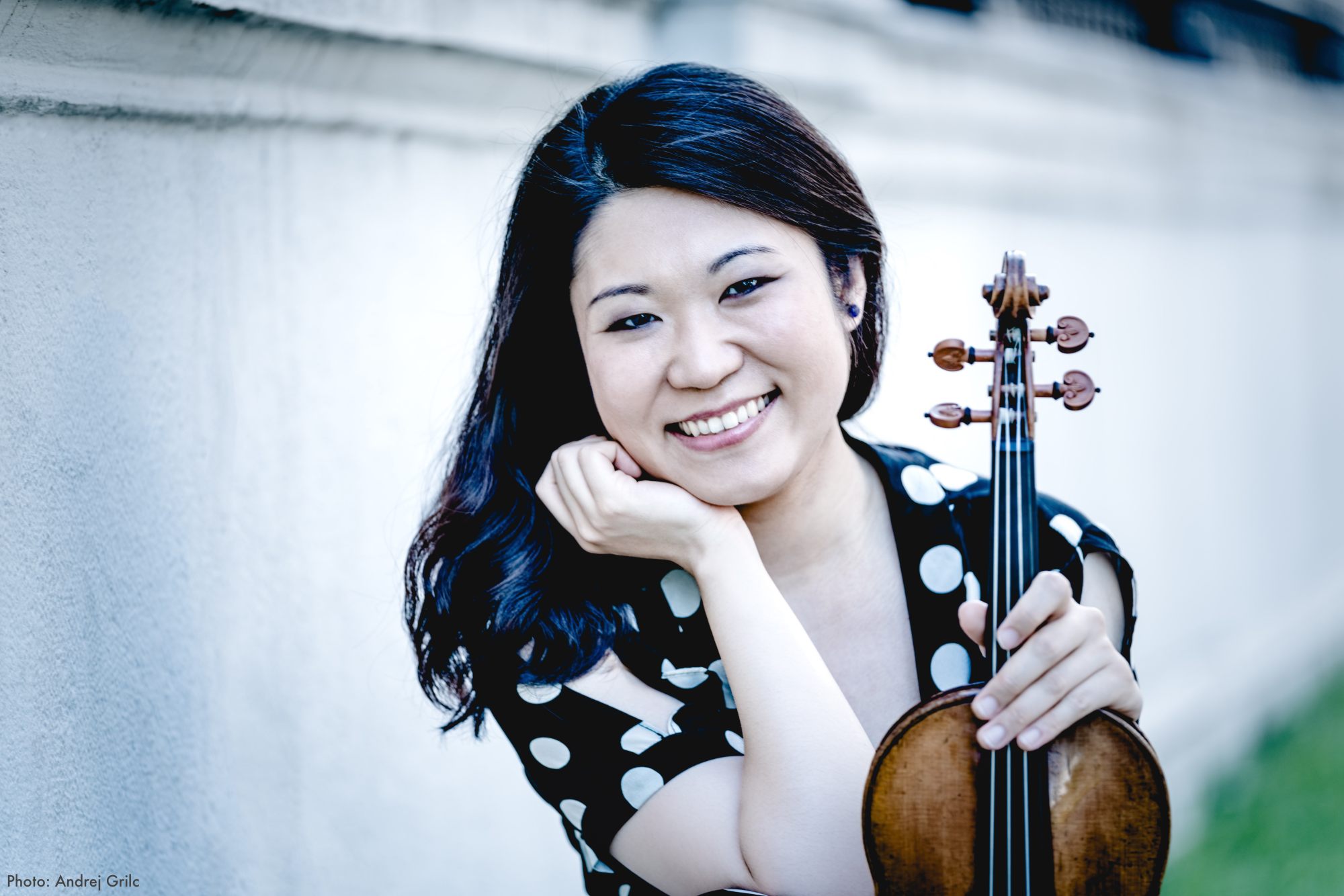
Then I’ll go back to Germany to play concerts and then in early October I’ll perform with the Buffalo Philharmonic Orchestra in New York. And so, it goes on.
Nearly every week there is a new programme, which is demanding but exciting. There are so many repertoires I still haven’t performed that I’d love to play with great musicians and colleagues.
I’m happy with what I’ve achieved, and I hope it goes on and on. I enjoy playing concerts and teaching. I’m happy.
Stay connected with us on social media platform for instant update click here to join our Twitter, & Facebook
We are now on Telegram. Click here to join our channel (@TechiUpdate) and stay updated with the latest Technology headlines.
For all the latest Art-Culture News Click Here
